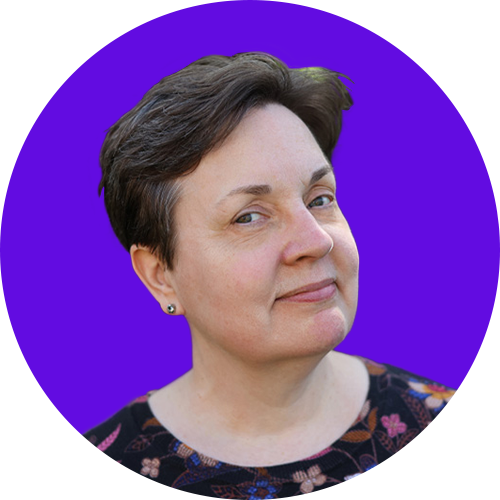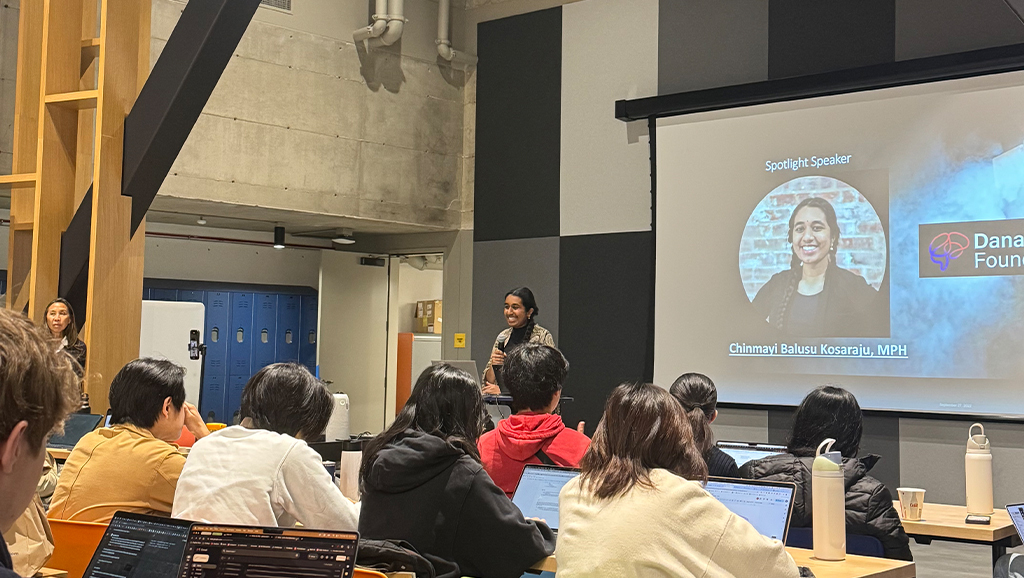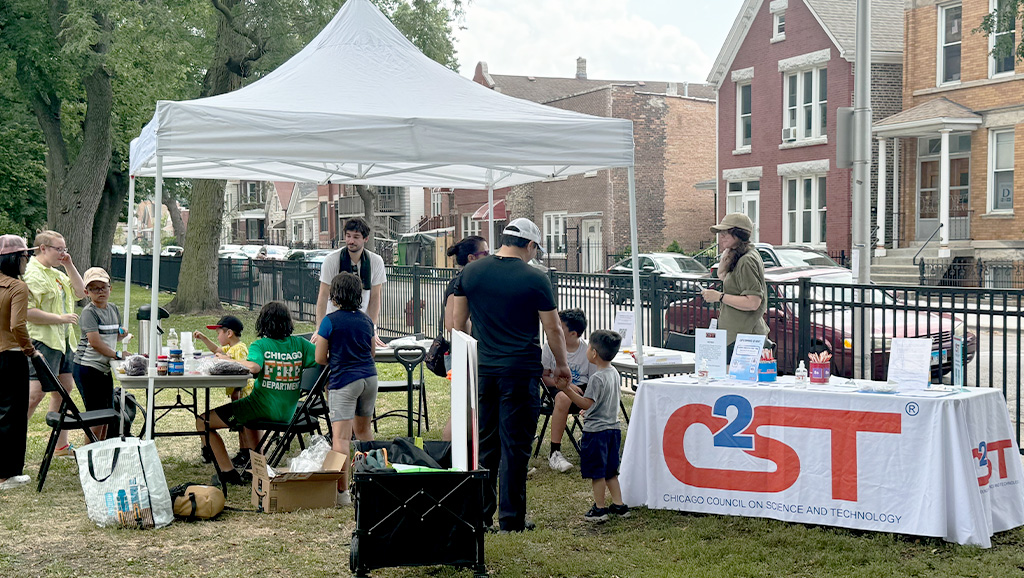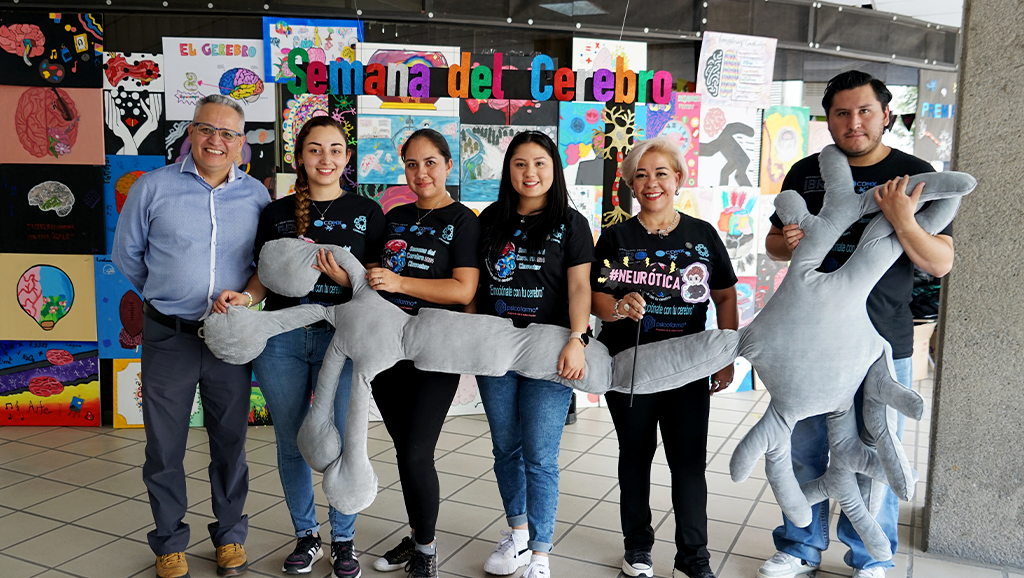News & Insights
Bridging Disciplines: Civic Science Fellow Kuranda Morgan
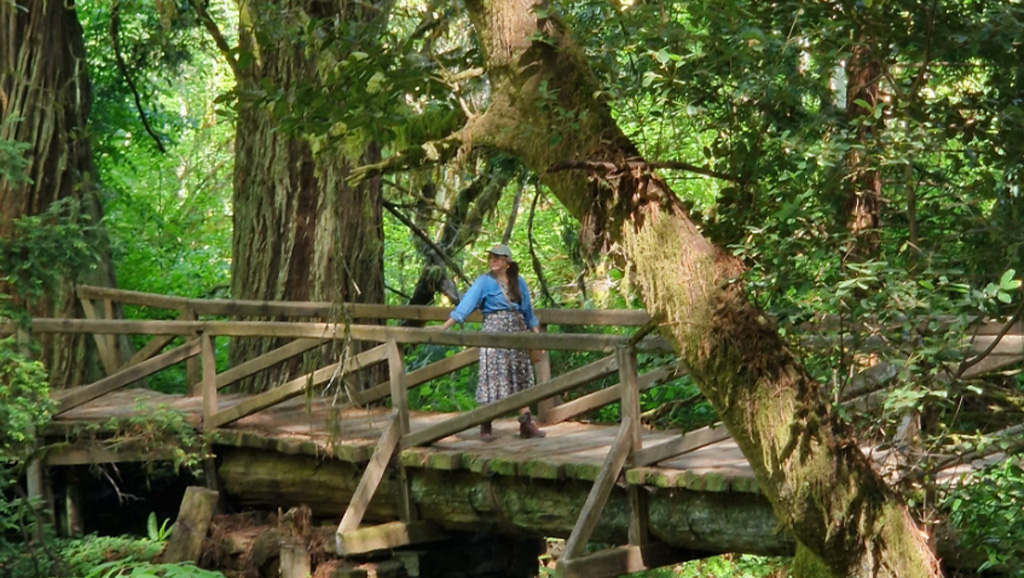
Civic science aims to ensure that scientific research reflects the needs, values, and priorities of diverse publics—ideally, all of society. Its approaches involve improving research practices, enhancing communication among community stakeholders, and fostering meaningful engagement with different institutions and communities to make science more inclusive and thus more effective in the “real world.”
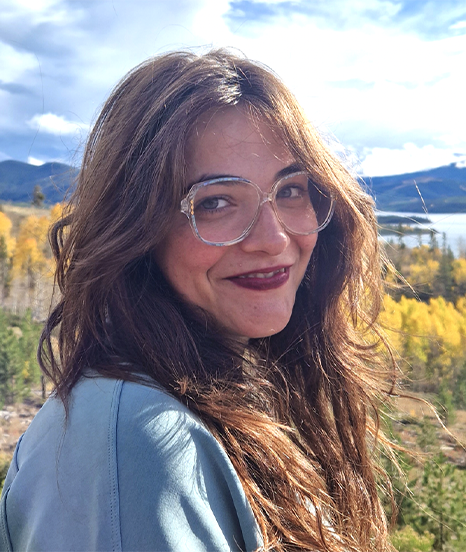

The Dana Foundation and other nonprofits together support the Civic Science Fellowships, a program of grants for host institutions to each sponsor a Fellow who will develop and test approaches to civic science and also participate in a network of people devoted to this work. Their aim is to ensure that the processes and products of science both reflect and improve society. The Dana Foundation is supporting three fellows in the 2024 cohort. One Fellow, Kuranda Morgan, is based at the UC Berkeley Center for the Science of Psychedelics (BCSP).
“We stumble into being,” says Morgan, her eyes lighting up as she describes her journey into the world of civic science and psychedelic research. It’s a fitting metaphor for a person who has found her calling in the spaces between disciplines, connecting dots that others might miss.
Morgan’s path to her current role as a Civic Science Fellow at BCSP has been as interconnected as the neural networks she often references in her work. Her career has focused on helping people understand and use research in academia, public policy, and international development research.
“Every job I’ve had has taught me something valuable,” she says. “From co-creating global research networks to public policy, I’ve learned the importance of facilitating trusting relationships to improve evidence-informed decision-making.”
At the UK-based charity Nesta, in London, for example, she developed programs to help government policymakers and third-sector staff use evidence and engage with research expertise in their decision-making processes. Now, at BCSP, she is investigating how to make evidence accessible and useful for many different communities, particularly in the field of psychedelic research.
“I see myself as a caterpillar,” Morgan says, referencing a concept from design thinking. “While some researchers and practitioners are T-shaped, with deep expertise in one area alongside broad connections, I’m the caterpillar, trying to connect these different T’s together.” This unique perspective allows her to weave together diverse strands of knowledge and experience.
Democratizing Psychedelic Research
Morgan’s fellowship focuses on democratizing how psychedelic research is conducted and applied.
“Right now, I’m in the first phase of this work, which is like a listening tour,” she says. “Creating space to listen to the needs, concerns, and experiences of the community is essential for meaningful and impactful research and engagement.”
At BCSP, Morgan’s work aims to ensure that the benefits of psychedelic science reach diverse populations, particularly those that have been historically marginalized. Using psychedelic-assisted therapies has been proposed or tested for a variety of mental health treatments, including trauma-processing. Like other forms of treatment, psychedelic-assisted therapies need strong support, including managing risks and side effects, and supporting patients with re-integrating into daily life after a treatment.
“There’s a deep history of criminalization, colonization, and stigma associated with these substances,” she says. To address these issues, she seeks out and listens to a wide range of voices, from patients and community members to healthcare workers and researchers.
“Co-creating research and engagement projects with community members is not just a method, it’s a philosophy,” Morgan emphasizes. “It’s about democratizing science and giving people a voice in the research agenda, process, and application.”
This approach represents a significant shift from traditional research and science communication models, where evidence is often generated and then released into the world with the vague hope that it will be used. “But that doesn’t always happen,” Morgan says.
Learning from One Another
Looking to the future, Morgan sees tremendous potential in psychedelic science, but also the need for careful, nuanced, and inclusive approaches. She envisions a research landscape that mirrors the interconnectedness of neural networks, with different nodes communicating and sharing resources to forge new ways of thinking.
Morgan’s vision extends beyond just bridging gaps—she aims to create spaces where many voices can take part in the conversation.
“I really like to think about creating pathways for mutual learning between these communities,” she says. She cites PRIDEnet, based in San Francisco, as an example. “They did a really amazing community-engaged research effort to include LGBTQIA+ perspectives within and across the research agenda,” she says. “I think that speaks to the ways that the lived experience of communities experiencing crises like HIV and AIDS can really shift the dial on research agendas.” This approach is particularly crucial in the field of psychedelic research, where the potential for breakthrough mental health treatments must be balanced with cultural sensitivity and accessibility—where myths and stigma can often stop a conversation cold.
Weaving a New Tapestry
In a field often fraught with controversy and misunderstanding, Kuranda Morgan’s work at BCSP exemplifies a new wave of scientific research and engagement—weaving together diverse perspectives, experiences, and knowledge, she is creating a rich tapestry that could reshape the future of psychedelic science.
As Morgan puts it, “Systems change starts with self. It starts with understanding yourself, having empathy for other people, actively listening, learning, and challenging assumptions.” Through her work, she is helping foster a more interconnected and empathetic approach to scientific research engagement—one that promises to make science more accessible, effective, and beneficial for everyone.
